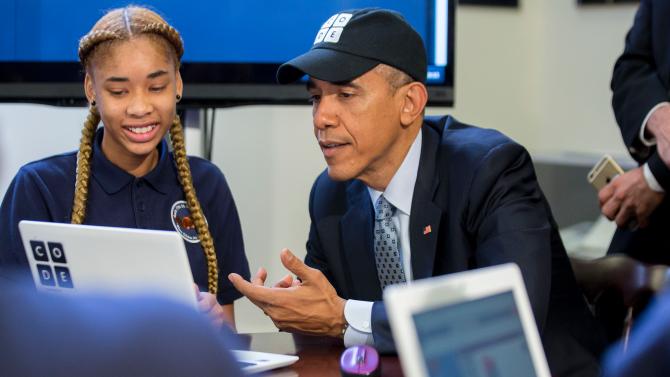Coding offers plenty of potential for those looking to change careers later on in life. Consider a recent article for Arkansas Online titled “Miners switch from coal to coding.”
Tim Loh on behalf of Arkansas Online writes, “Today, he rolls into an office at 8 a.m., settles into a small metal desk and does something that, until last year, was completely foreign to him: computer coding. ‘A lot of people look at us coal miners as uneducated,’ said Ratliff, a 38-year-old with a thin goatee and thick arms. ‘It’s backbreaking work, but there’s engineers and very sophisticated equipment. You work hard and efficiently and that translates right into coding.’ He works for Bit Source now, a Pikeville, Ky., startup that’s out to prove there’s life after coal for the thousands of industry veterans who’ve lost their jobs in an unprecedented rout that has already forced five major producers into bankruptcy. Bit Source has hired only 10 coders, but almost 1,000 responded to its ads as the realization spreads across Appalachia that coal’s heyday is over. What fills its void is a challenge so immense that presidential candidates including Hillary Clinton and Donald Trump have cited the industry’s woes on the campaign trail. ‘We’ve got a lot of high-skilled hillbillies here,’ said Rusty Justice, a 57-year-old co-founder of Bit Source. ‘We want to prove we can run a tech business from the hills of eastern Kentucky.’ Few places are as steeped in coal lore as Pikeville, a town of 6,900 wedged into a narrow bend in the Big Sandy Valley. Over the years, surrounding Pike County has produced more of the fuel than anywhere else in Kentucky. In 1996, when Ratliff was still a teenager and his father worked in the mines, the local producers dug up 35.6 million tons, a state record. He eventually followed his dad into those mines.”
When it comes to customized coding education, your best bet is CodeRev Kids. At CodeRev Kids, our lessons focus on computational thinking, which encompasses a wide variety of programming languages and concepts.
Our lessons build upon one another and we adjust starting points to each student’s level of expertise. Thus, the entire curriculum is customized. We are known for saying we are the most educational tech camp out there, but we also keep the focus on having fun. As a result, students stay engaged while learning to blend creativity with technology.









